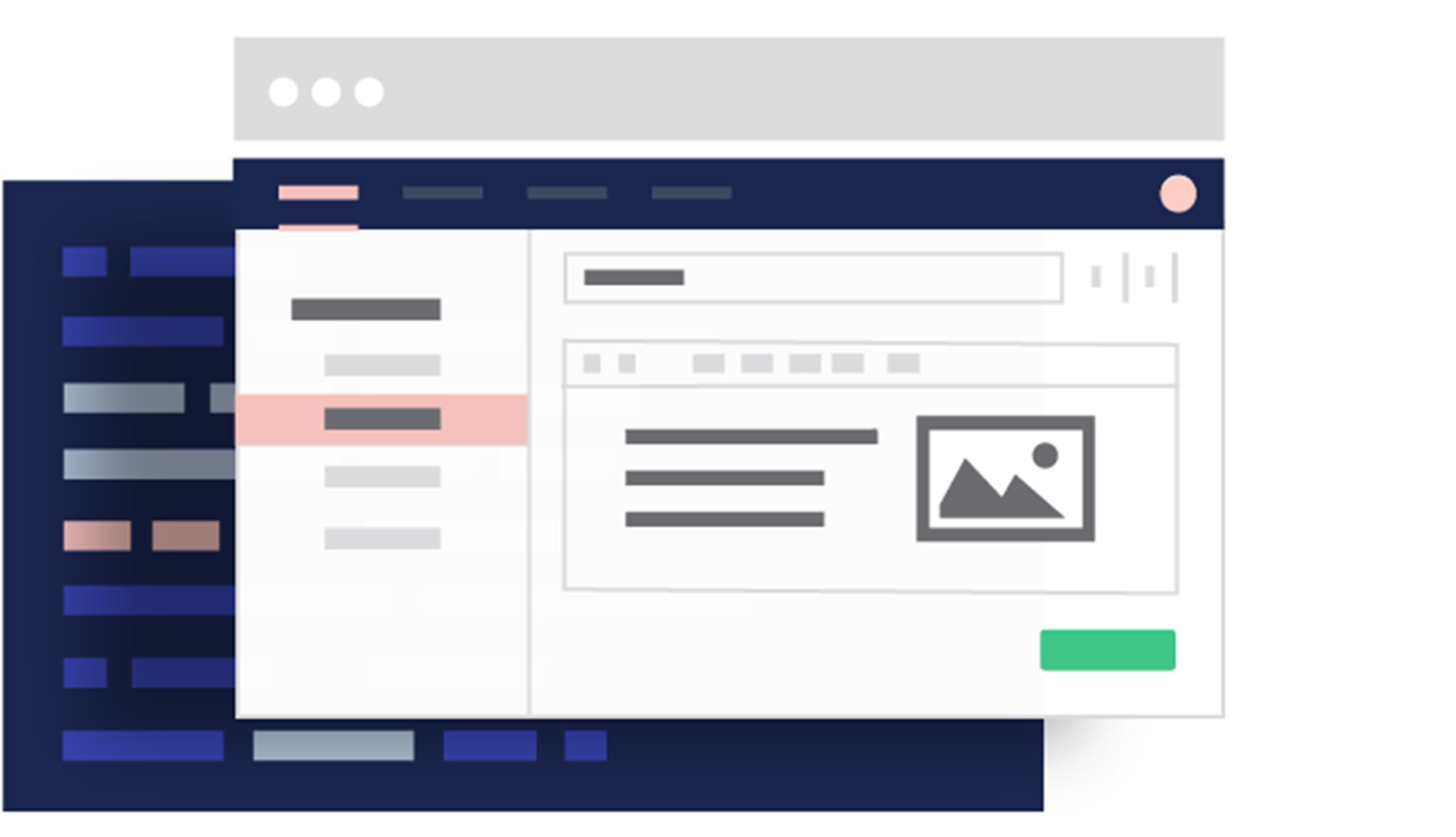Umbraco Launches Heartcore, the Most Intuitive Headless Content Management System (CMS) to Manage Large Volumes of Content Across Any “Smart” Platform

Umbraco today launched Umbraco Heartcore, a software-as-a-service (SaaS) “headless” content management system (CMS) for easily structuring and sharing content across multiple platforms, devices and channels. Available software development kits (SDKs) let app developers use the software language and platform of their choice to build a highly configurable and easy-to-use content management infrastructure for any website, smartphone, smartwatch or other smart (Internet of Things—IoT) device. Unlike other headless CMS platforms, Umbraco Heartcore is built on the flexible, friendly and full-featured open source Umbraco CMS, and inherits its mature and powerful capabilities to intuitively organize large volumes of content.
Headless is defined as a back-end-only CMS built as a content repository that makes content accessible via a RESTful application program interface (API) for display on any device. While traditional CMS platforms are ideal for managing content on a single website, a headless CMS allows developers to create and maintain multiple digital platforms with synchronous content updates.
“With Umbraco Heartcore, it’s never been easier to ‘future-proof’ and facilitate content creation and organization across myriad devices,” said Kim Sneum Madsen, Umbraco’s chief executive officer. “Half a million websites rely on the powerful yet friendly capabilities of the Umbraco CMS, so we are well-positioned to help companies expand their digital footprint beyond websites to reach audiences through new channels and devices. With its logical content structure capabilities, the ultimate editing experience Umbraco is known for, and the ability to use the software of their choice for development, Heartcore is poised to be the platform of choice for both long-time and new Umbraco users.”
Umbraco Heartcore Organizes Content for All Developers, Multichannels
Umbraco Heartcore uniquely lets editors create a logical content structure so they can more easily and more quickly manage, find and update large amounts of content. For example, a main branch of the content tree could be “Movie genres” with sub-branches such as “Thrillers,” “Romance” and “Science Fiction.” The actual “Movies” would be located below the genres, and editors could make new movie content available by creating new movies, placing them into the appropriate genres and adding additional relationships such as “Starring actors” or “Subtitles”, “Synopsis”, “Trailers” and “Related movies.” This content would be made available on websites, streaming services, or in ad campaigns, or any other relevant context.
In addition to this unique organizational structure, Umbraco Heartcore offers:
Greater flexibility when integrating new delivery formats and introducing advanced or mobile functionality to an application
Decreased development time, deployment and user testing to get content in front of customers faster
Enhanced security, including straightforward user management that ensures that each user only has access to relevant, permitted areas
Overall better performance when deploying information to end users
Immediate software and API upgrades through the Umbraco Cloud
SDKs Make Heartcore Accessible to Any Developer, on Any Platform
In addition to the well-structured back-office, Umbraco Heartcore offers SDKs that allow any developer—even those who aren’t familiar with Umbraco—to use their chosen language to develop applications. SDKs for NodeJS and .NET Core are available today, making it easy to get started with Javascript and C#. Other SDKs will be available soon, but if developers want to use Umbraco Heartcore with another language now or want to create their own client library, they can use the full RESTful APIs to create and consume Umbraco content.
Heartcore is available for a 14-day free trial at Umbraco.com/heartcore.